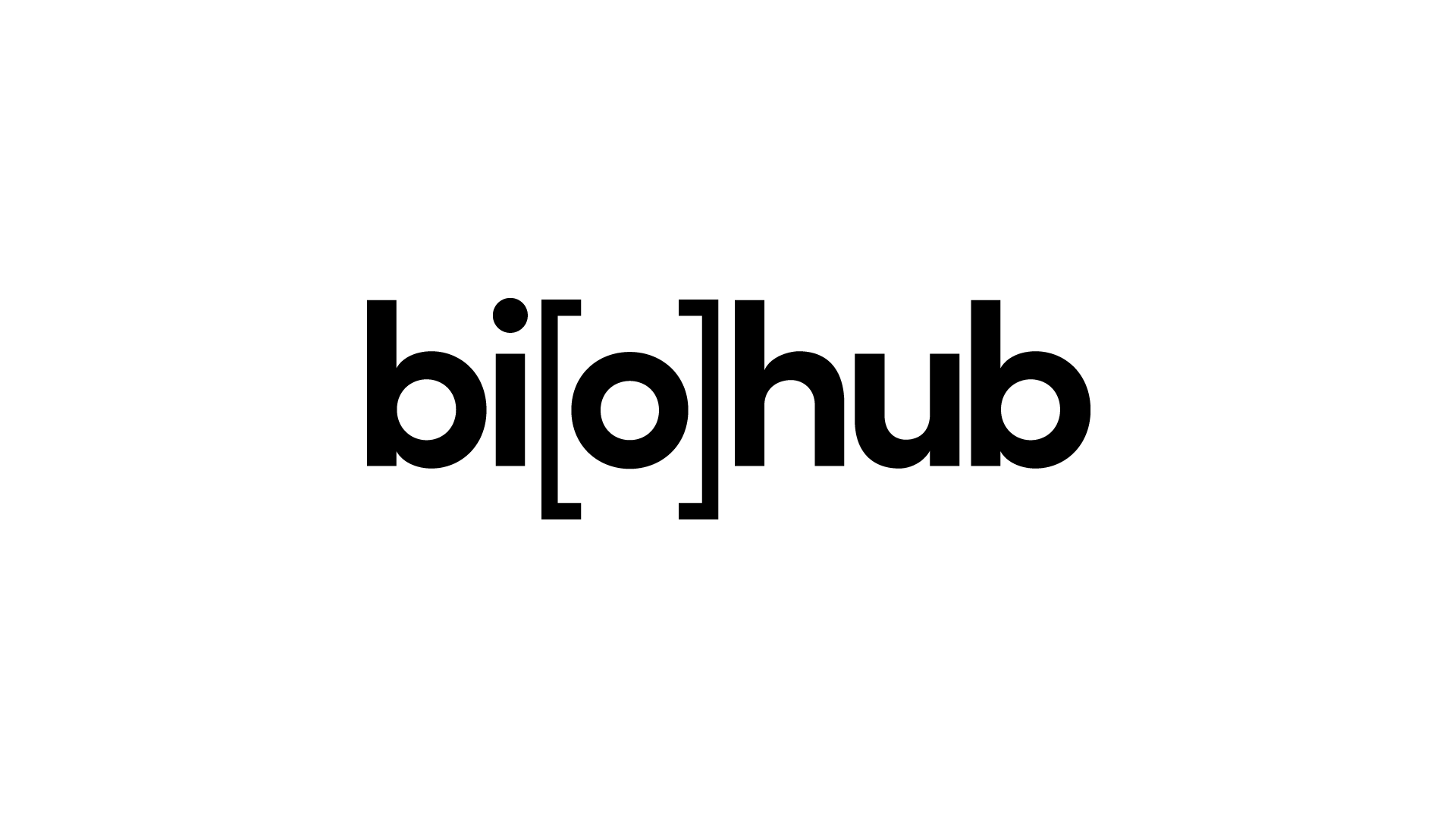METHODS AND COMPOSITIONS FOR SELECTIVE PCR AND CLONING OF ANTIBODY SEQUENCES
Researchers at Stanford University and the CZ Biohub San Francisco have developed a strategy for retrieving and cloning antibody DNA from single cells within a pooled library of cells, enabling the rapid and low-cost cloning and expression of native human antibodies for functional characterization.
The characterization of antibody binding properties, including specificity and affinity, is essential for understanding the recognition capability of the immune system and discovering antibodies for research and therapeutics. Characterization of antibody binding requires recombinant cloning and expression of purified protein for use in functional assays, however current methods are insufficient. Single-cell approaches enable high-throughput determination of native antibody sequences, yet sequence information alone is not sufficient to predict antibody specificity and affinity. Droplet- and micro-well-based single-cell techniques can identify over ten thousand natively paired antibody heavy- and light-chain gene sequences in one experiment. However, producing antibody DNA by gene synthesis is costly and time consuming compared to complementary DNA (cDNA) cloning, while current methods for producing cDNA pool thousands of cells, rendering isolation of antibody cDNA from individual cells difficult. Therefore, a method for the simultaneous high-throughput determination of antibody sequences and the rapid cloning and expression of individual antibodies from suitable antibody cDNA is needed.
Stage of Research
The inventors created a strategy for cloning antibody heavy- and light-chain cDNA from a single B cell within a pooled library called selective PCR for antibody retrieval (SPAR). The technique leverages the unique sequence barcodes attached to cDNA molecules during sample preparation, which typically include a cell barcode (CBC) to distinguish individual cells and a unique molecular identifier (UMI) used to distinguish individual molecules of template RNA. After sequencing, the antibody heavy- and light-chain sequences and their corresponding sequences barcodes are identified. The barcodes and the heavy- and light-chain sequences are then used as unique molecular tags to retrieve cDNA from an individual cell. The inventors showed through computational analysis that most human antibodies sequenced using typical high-throughput methods can also be retrieved using SPAR, and that retrieval of full-length antibody variable region cDNA from three cells within pools of ~5,000 cells is possible.
Applications
- Rapid low-cost cloning and expression of native human antibodies from pooled single-cell sequence libraries for functional characterization.
- Retrieval of full-length antibody variable region cDNA from single cells.
Advantages
- Antibodies that are selected based on sequence or phenotype can be cloned and expressed directed from a pooled cDNA library with SPAR.
- SPAR costs ~$70 per antibody, which is cheaper than or similarly priced to gene synthesis.
- SPAR can be performed within ~29 hours, which is much faster than the several weeks required for gene synthesis.
Stage of Development
Research - in vitro
Publications
Horns, F., Quake, S. Cloning antibodies from single cells in pooled sequence libraries by selective PCR. 2020.PLoS ONE 15(8): e0236477. DOI:10.1371/journal. pone.0236477.
WO2021/257550
Related Web Links
https://quakelab.stanford.edu/
Keywords
Antibodies, PCR, molecular cloning, DNA libraries, DNA cloning, B cells, cDNA libraries
Technology Reference
Chan Zuckerberg CZB-166S-PC, Stanford S20-179

